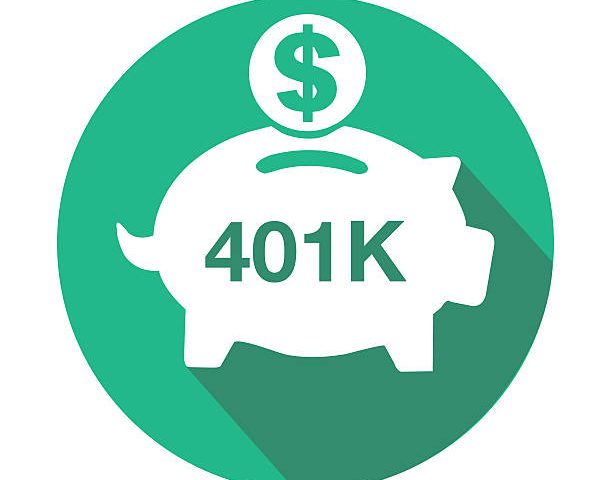401 (K) Pension Plan in 2019

On May 23rd, 2019 the U.S. House of Representatives voted 417 to 3 to overhaul the U.S. retirement system and a new version of the 401 (K) pension plan.
The retirement bill, known as the Security Act, is the first time in 13 years that it has cross-party support and the most important retirement bill in 15 years.
According to industry insiders, the reforms just passed have changed mainly on two point:
First, companies with more than 5 employees are required to provide employees with the opportunity to participate in 401 (K)
Second, the age of limiting withdrawals has risen from 70 and a half to 72.
The Security Act includes the following new changes:
1. Remove the age limit for individual retirement age accounts (IRAs) that are currently 70 and a half years old and can no longer be saved;
2. Increase the mandatory requirement from the minimum age at which 401 (K) or IRA is to receive a pension from 70 and a half years old to 72 years;
3, allowing long-term part-time employees of the company to participate in the 401 (K) program;
4. Encourage 401 (K) plans to provide annuities, which are rarely offered because employers fear that the insurance company of choice will be in trouble if it goes bankrupt;
5, parents can withdraw up to $5,000 from retirement accounts in the year of the child's birth or adoption;
6, parents can withdraw up to $10,000 from plan 529 (the 529 Education Savings Fund and the Prepaid Tuition Plan) to repay their student loans.
What does the new law mean for individuals?
Nonprofits noted last year that 40 percent of U.S. adults don't have retirement savings. Part of the reason many people don't have a 401 (K) plan is that "almost half of Americans can't afford to save for retirement at work, and small businesses are hesitant to provide employees with 401 (K) or payroll deduction retirement-age accounts (IRAs) plans."
The new law will provide millions of small business employees with retirement savings while encouraging small businesses to provide 401 (K) plans for their employees. The new law also allows more part-time workers to participate in the 401 (K) program. Currently, employers typically do not offer plans for part-time workers who work less than 1,000 hours a year, but the new law encourages employers to offer part-time workers who have worked more than five-year-olds for more than five years to participate in retirement plans.
If the employee chooses to deposit 4% of the monthly salary into the designated account, the employer will deposit the corresponding amount and matching share into the employee's account at the time of payment.It would actually double the employee's account deposit.
As to whether the reformed proposal can really benefit the people, the industry has different views. For both changes, analysts say 401 (K) is designed to save for themselves and prepare for their own retirement living expenses because businesses and the government can't afford to live with retirees.
Statistically speaking, the current proportion of Americans who save and are willing to save is very low, which will be a big crisis in the future. Imagine if a large number of people had no money to retire in the future, what would it be like? Some scholars believe that, from their own involvement in the field of more than a decade of practical experience, think that the core problem is that there are not many people willing to join 401 (K). On the contrary, it will burden small business owners by taking time, spending money, going through formalities and so on, but no one wants to join, only where they are left empty. The social security benefits we pay are not into our own account to give ourselves a pension, but to our previous generation of old-age care.






